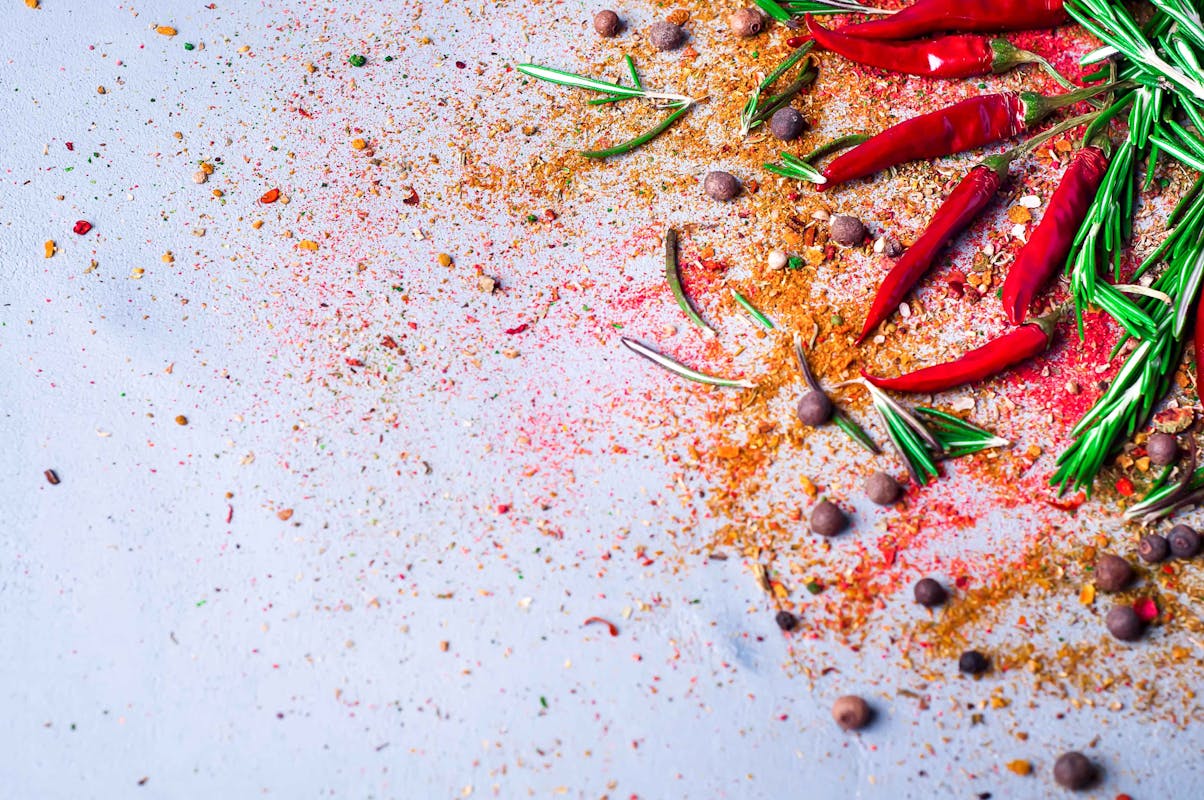It was a good day for death, a good day for shameless cruelty, for the worst tendencies of the human animal; it's a good day to have that sickening, sour feeling in your stomach turn to abject disgust at your fellow man – Republicans very much in particular – as the Senate GOP, with coward John McCain’s help, shoved through a motion that will allow them to continue to destroy lives, take away the health care of millions and leave countless thousands to die.
Oh, John McCain. The cantankerous war hero, the nobly decorated war veteran, the once-outspoken critic of all political BS, the ill-fated presidential candidate, hereby returning from his government-paid sickbed, where he is receiving hundreds of thousands, if not millions of dollars’ worth of insurance-funded surgery and brain cancer treatments, to a hero’s welcome in the Senate, only to cast a vote that could ultimately take away that same health care from millions of others, resulting in the death of thousands of women, children, disabled, the poor, Republicans, war vets like him – you know, everyone.
It’s nothing short of appalling, which is saying a lot in the age of Trump. McCain voted, along with 49 other lockstep Republicans, to allow the GOP to keep trying to destroy Obamacare, AKA the most popular and successful health care legislation in modern history – a move absolutely no one wants, aiming toward a sadistic social policy that is already the worst devised in all of American history, opposed by everyone from the insurance industry to the AARP, 7,000 Catholic nuns to the vast and overwhelming majority of America.
So why do it? For the so-called “win.” For Trump’s sociopathic ego. For a show of heartless Republican solidarity, perhaps, despite how the vote was nothing but political cowardice of the highest and most revolting order, a shameless kiss of the Trump ring. With the exceptions of Alaska's Lisa Murkowski and Maine's Susan Collins, the GOP still kneels before Trump’s megalomania, because they're drunk on the poisonous power he affords them.
For McCain in particular, the sting of his vote is particularly sickening. Despite his famous bluster and “maverick” grumpiness, the 80-year-old Arizona senator has voted lockstep with Trump's policies more than 90 percent of the time, veering away only on inconsequential items like sanctions on Russia and a political appointee or two. He has voted against LGBT rights countless times. He inflicted Sarah Palin on the world. He is a war hawk bar none. He hasn’t been any sort of “maverick” for years, if ever.
Regardless, many on the left still consider him a potential savior – sporadically at least – one of the few credible, sagacious Republicans who could (maybe, hopefully, someday) stand up to Trump’s air-headed, authoritarian bloviation and speak with a level head, set the record straight, push back on the Trump administration's annihilation of America.
Apparently, he will do no such thing. As today’s vote proved, he will only "heroically" hobble out of his sickbed and fly to D.C. to cast the vote that could decimate 1/6th of the American economy, put one million out of work, kill thousands, treat cancer just like his own as a pre-existing condition, set caps on said treatment, bankrupt families, destroy Planned Parenthood, and on and on.
McCain’s legacy, such as it was, is no more. His heroism appears to have been leeched out of him, leaving a strange, hollow shell full of political kowtowing and baffling flip-flopping. His famous good humor, his irascibility, his erratic but laudable skill at reaching across party lines (a lifetime ago, as a presidential candidate), these qualities are now but dust in the political wind. If Trumpcare passes, McCain will be merely the “heroic” enabler who helped the nightmare happen.
While it’s theoretically possible McCain only voted on this particular motion to make it appear like the GOP can actually “get something done,” and his final vote, if/when Republicans can’t come up with a decent alternative to Obamacare (which they most certainly cannot), will be against it, this is just legislative masturbation, more sadistic maneuvering, a pathetic show of "force." It's also, more than likely, a lie.
Today, despite his weird speechifying to the contrary, McCain merely joins with the rest of the heartless GOP, AKA the most dangerous, anti-intellectual, globally despised, mean-spirited cult of conservative white politicians America has ever known. He appears to have sacrificed whatever remained of his integrity and humanity for – well, it’s hard to know what, exactly. But whatever it is, it sure ain’t legacy.
I sincerely hope McCain beats brain cancer. I’m sure he’ll enjoy the best medical care his fully paid government insurance can provide. But McCain is no one’s hero anymore. And cancer just had a very good day indeed.

















